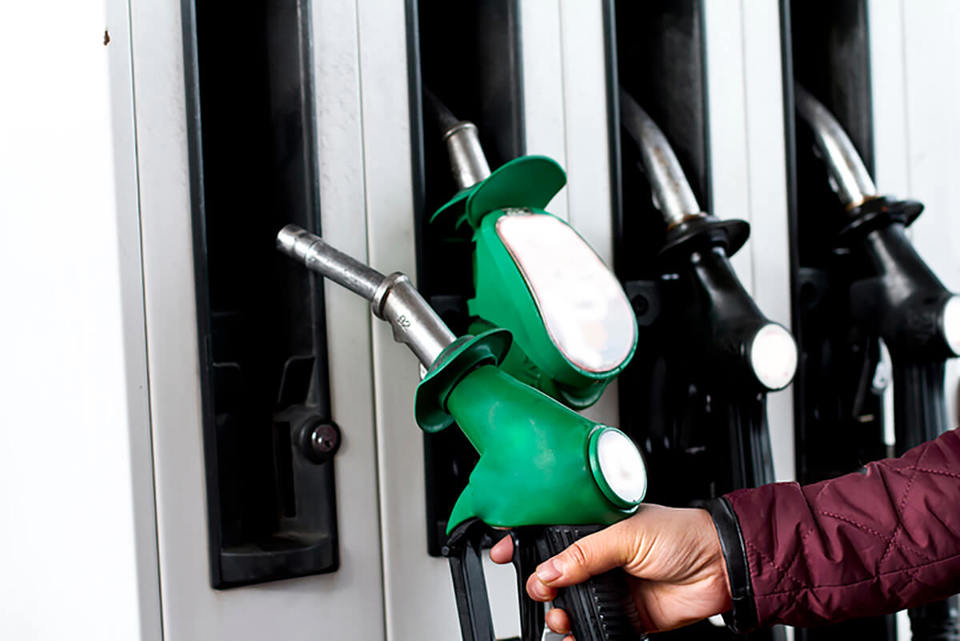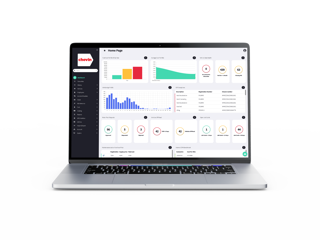Some healthy competition between drivers or departments can bring fuel savings, but only 17% of respondents to a Fleet News poll use league tables.
Charlie Shiels, executive director – central operations at GeoPost UK, which has been using a league table approach for the past four years, thinks they are missing a trick.
“The driver is the biggest influence on fuel consumption,” he says. “How else are you going to engage them on this subject?”
GeoPost has seen a 5% improvement in mpg and it isn’t alone in its success.
Morrison Utility Services (MUS) has been using a league table approach for the past year to drive down fuel costs on its car fleet. Fuel economy has improved by 10% on average as a result.
A league table can cover a range of measures.
As well as the highest and lowest mpg, MUS’s league table, which is based on fuel card data, includes the highest and lowest fuel spend, the highest and lowest pence per mile and whether premium fuel has been purchased.
The report is split by region and by car driver.
Ceuta Healthcare splits its fuel card data into sales teams showing who is buying at best pump prices, together with mpg detail, both on an individual and team basis.
Helen Bolton, facilities manager, says it has “provoked competition across the teams with managers spurring on their people to get higher up the table”.
“We have seen continual improvement and consistent buying of below UK average prices, on average 2p below UK pump prices, meaning savings in the region of £7,000 to £8,000 per annum from when we started the initiative about three years ago,” she says.
Gary Black, group fleet manager at Inspired Gaming Group, found that having eight regions competing drove the percentage of fuel purchased from supermarket forecourts up from 50% to more than 90%.
The company no longer has regional depots but Black says the league table “set the habit of a lifetime” and the company still sustains 96%.
It was a “very manual process” creating the table though as the fuel card invoice showed every single transaction which then had to be split into regions.
“The fleet size probably determines how easy it is,” Black says.
“At the time we had about 1,200 vehicles so every invoice was massive. You’ve just got to get organised and get into a routine.”
His fuel card provider assisted by calculating every month how much could be saved if all fuel was purchased from supermarkets.
Mileage capture from fuel cards can be inconsistent as drivers don’t always remember to submit their mileage when purchasing fuel.
Black overcomes this by asking drivers to report their mileage every month.
MUS manages the process by contacting every driver that fails to submit their mileage when they purchase fuel.
Telematics is another way of obtaining mpg and should provide the data in a league table format.
Fleet software may also create a league table to ease the admin burden.
League tables are a key feature of Hitachi Capital Vehicle Solutions’ management system Capital View, for instance.
Kelly Communications Plant monitors fuel consumption on the BP Fuelexpert system and adds the results to its driver profiling system.
GeoPost bunkers its fuel and has a fuel management system which measures fuel consumption. The transport department receives the information each week and sends it to operational managers at GeoPost’s 42 locations every month.
]If a driver’s mpg is low the first step is to check whether it is the van so drivers are swapped into different vehicles.
Shiels says common sense is needed when comparing regions. “You can’t compare a depot in the West End of London to a depot in the Norfolk Broads.”
He also points out that companies can’t simply print a league table and think the job is done. It is important to communicate with drivers who are ‘bottom of the league’ and put them through driver training, if necessary.
Whether a reward is necessary is debatable.
GeoPost rewards drivers with vouchers and Ceuta Healthcare has an annual driver award of £200 but these are for a number of achievements.
However, Black believes “pride is enough”.
“No one wants to have their manager tap them on the shoulder and ask why they are the only one in the region not filling up at supermarkets,” he says.




















Login to comment
Comments
No comments have been made yet.